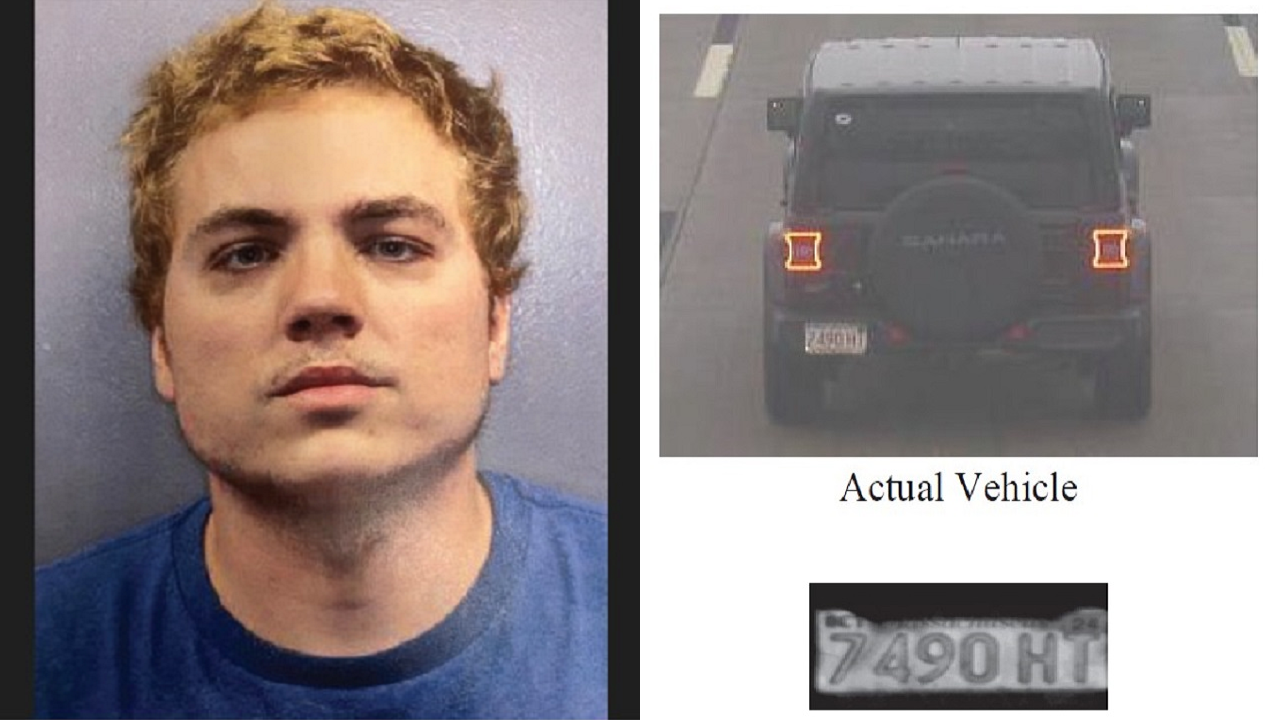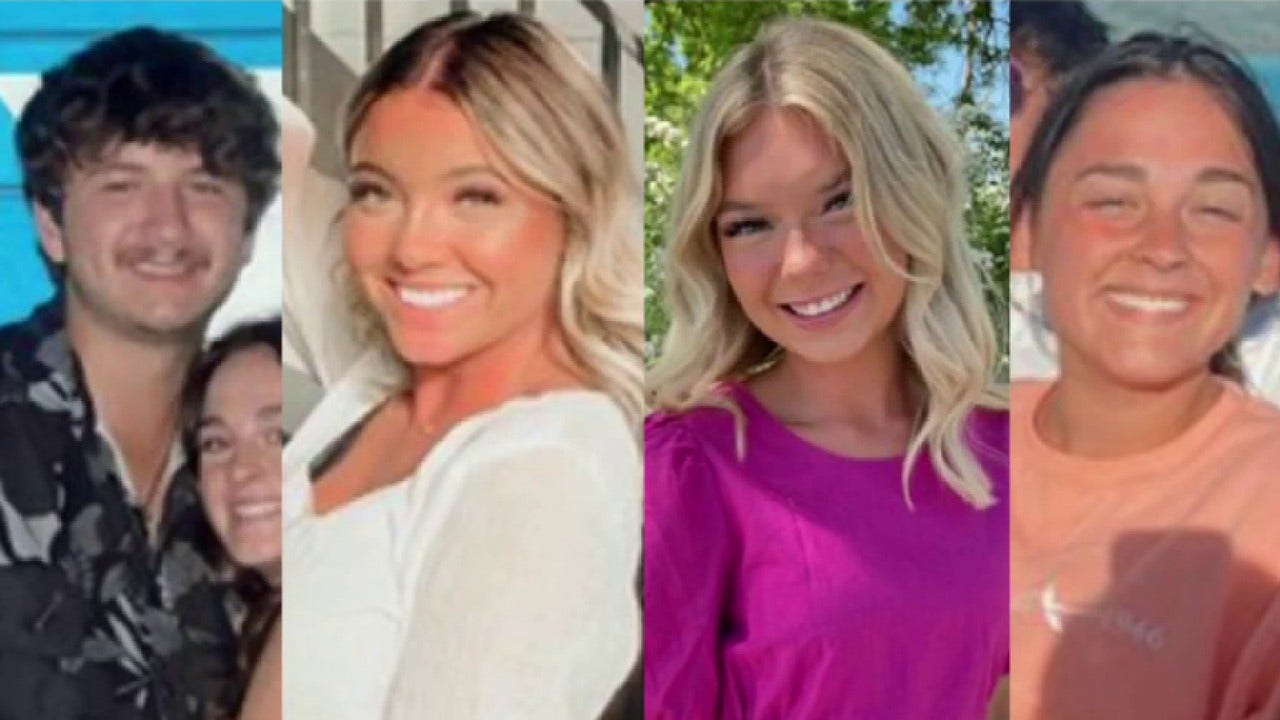Rising crime rates in chicago” target=”_blank”>Chicago< over the weekend. But the Windy City’s history of making news for its crime spree is not new and is highlighted in Fox Nation’s “The Battle for Chicago,” the story of the rise, and fall, of infamous gangster Al Capone.
Max Allan Collins, author of “Scarface and the Untouchable: Al Capone, Eliot Ness, and the Battle for Chicago,” told Fox Nation that Capone liked to be the center of attention, even from a young age.
“One of the earliest signs of Capone’s tendency to be a bit of a show-off was one of the first street gang battles he was in,” Collins said. “He was one of the youngest kids there, and he got a washbasin and a couple of big wooden spoons, and served as the drummer boy, walking through all of this mayhem.”
Capone’s desire to be the center of attention just grew from there. “Capone was certainly a ruthless criminal, but he was just as much an almost visionary businessman,” Collins said. “His downfall was his needy personality, his love of PR.”
Collins noted that Capone would freely give interviews to the press, and “got high on his own fame.”
“He was probably happier with a microphone in his face than a gun in his hand. And ultimately, that kind of became his downfall, because most of the people around him did not like all of this publicity.”
 Video
Video
From an early age, Capone saw the business prospects behind prohibition. Collins noted that the 18th Amendment changed the landscape of the United States overnight. Patrons left the bar in the evening and woke up to find the bar closed down.
“But it didn’t take very long for those bars to either reopen or open as speakeasies to service that thirst,” said Collins.
With the changing cultural landscape, Capone noticed that nearly everyone became a potential customer, the market for alcohol didn’t immediately disappear because the law changed, and everyone became a potential law-breaker, Collins said.
“Capone was somebody who very early on saw the potential of organized crime for a professional approach,” he said. “And prohibition was the perfect platform for that, because everybody was a potential customer now, no matter how honest you were.”
And before long, organized crime had spread through Chicago, with rum-running, hijacking, and turf wars between competing gangs.
But for many of Chicago’s residents, Collins said, the St. Valentine’s Day Massacre, where several members of Chicago’s North Side Gang were gunned down by men dressed as police officers, “stepped over the line.”
Capone was finding himself in the headlines more and more, and following the massacre, his early mentor, Johnny Torrio, suggested Capone allow himself to be arrested, letting the public feel like he was no longer a problem.
And so, Capone did just that. He was arrested in a gun bust, and spent nearly a year in jail.
“A lot of what happened with Capone was really a publicity push,” Collins said. “He was so notorious, that he was giving Chicago a black eye. And so the idea with what became the Untouchables…was to get a small group of some of the greatest agents available.”
The Untouchables, led by Eliot Ness, were charged with getting Capone off the streets indefinitely, were incorruptible, and turned down unimaginable bribes.
When Capone was finally convicted of income tax evasion, Ness and his team had amassed more than 5,000 indictments for violating prohibition.
Capone spent seven and a half years in prison, much of that time in Alcatraz.
“By the time he comes out, he’s really a shadow of his former self, and he never really has any impact on the mob, on the outfit in Chicago after that,” Collins said.
Despite Capone’s arrest, organized crime in Chicago did not disappear.
“If you were to ask me whether organized crime in Chicago dwindled after Capone was sent away, I think the correct answer is hell no,” Collins said.
“Even today, Capone is more beloved than Eliot Ness. And that continues. It says something about us, and I don’t know that it says something good about us.”
Watch “The Battle for Chicago” on Fox Nation
Fox Nation programs are viewable on-demand and from your mobile device app, but only for Fox Nation subscribers. Go to Fox Nation to start a free trial and watch the extensive library from your favorite Fox News personalities.









